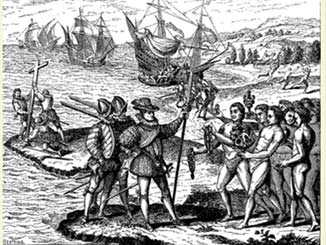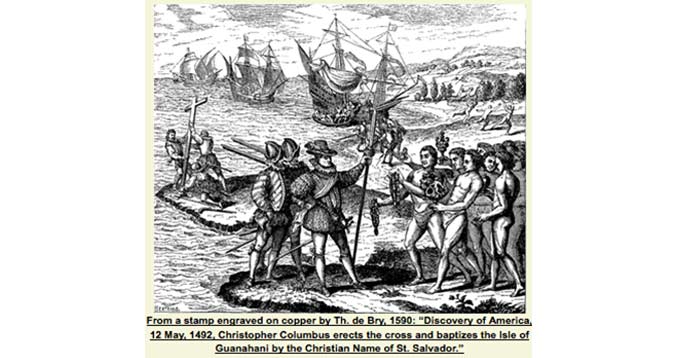

Calls to rescind the Doctrine of Discovery were made during the Pope’s visit to Canada where he personally apologized for the actions of some Christians for the treatment of indigenous children in Catholic residential schools. He did not take responsibility for the Catholic Church’s role in the establishment of the residential schools as an act of acculturation of indigenous peoples.
In his speech he reinforced the benevolence of the establishment of Christianity on indigenous lands which reflects the Doctrine of Discovery, but apologies for the actions of some Christians for their abusive behavior which was not consistent with the teachings of the Catholic Church. He did however, acknowledge to journalist on his return flight that treatment of Indigenous peoples amounts to a genocide.
The Doctrine of Discovery established a spiritual, political, and legal justification for colonization and seizure of land not inhabited by Christians. The Doctrine resulted in colonization of Africa, Asia and the Americas.
Foundational elements of the Doctrine of Discovery can be found in a series of papal bulls, or decrees, beginning in the 1100s, which included sanctions, enforcements, authorizations, explusions, admonishments, excommunications, denunciations, and expressions of territorial sovereignty for Christian monarchs supported by the Catholic Church.
Two papal bulls, in particular, stand out: (1) Pope Nicholas V issued “Romanus Pontifex” in 1455, granting the Portuguese a monopoly of trade with Africa and authorizing the enslavement of local people; (2) Pope Alexander VI issued the Papal Bull “Inter Caetera” in 1493 to justify Christian European explorers’ claims on land and waterways they allegedly discovered, and promote Christian domination and superiority, and has been applied in Africa, Asia, Australia, New Zealand, and the Americas.

Leave a Reply